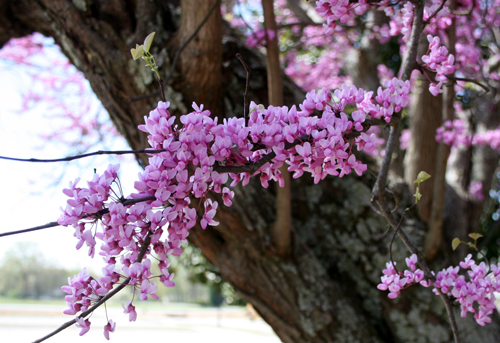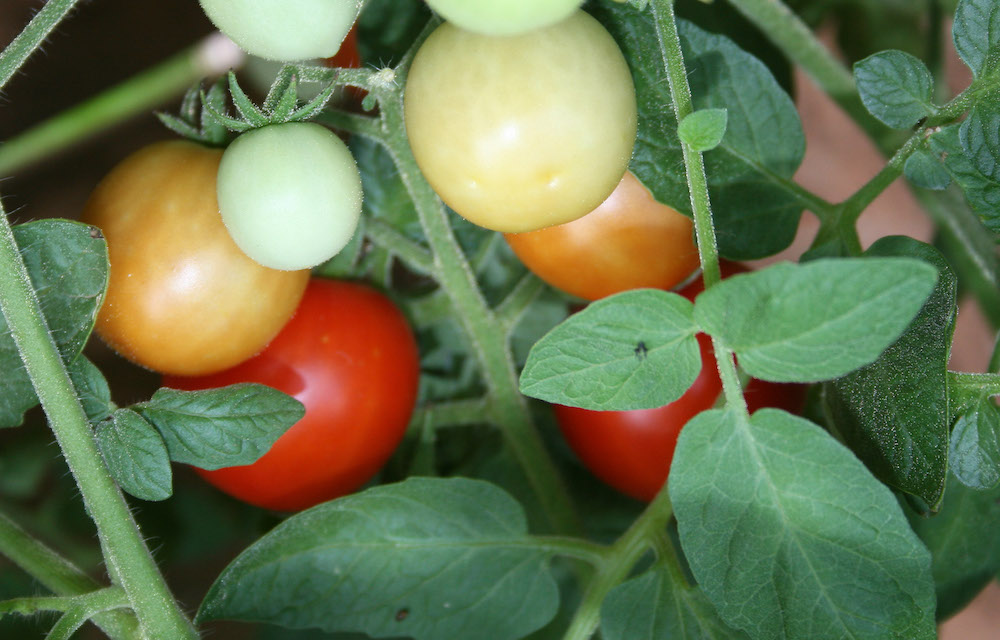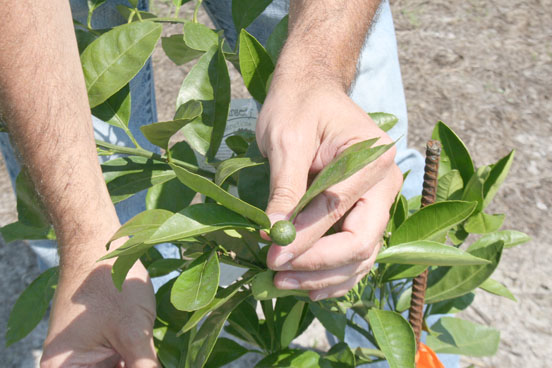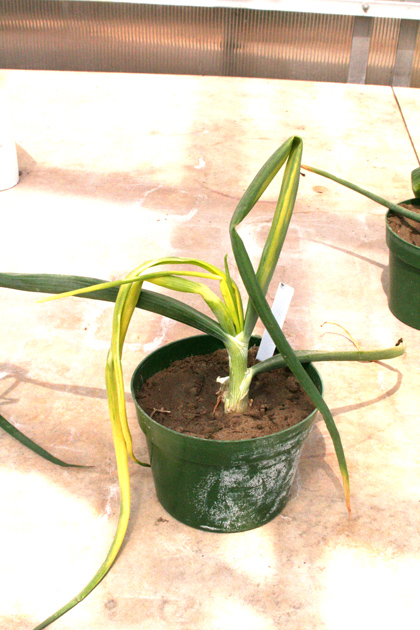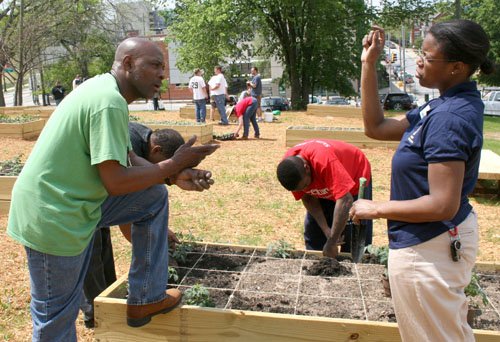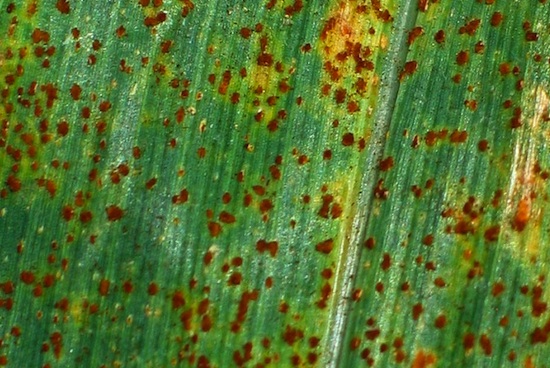 CAES News
CAES News
UGA Extension scientist cautions corn growers against southern corn rust disease
Southern corn rust struck Georgia's corn crop two weeks earlier this season and has spread across the Coastal Plain, says a University of Georgia plant pathologist. If not treated quickly, the annual disease can stunt plants and reduce yields.

